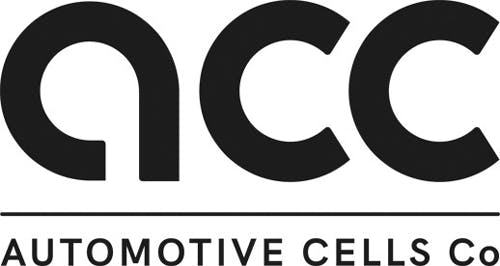Synthetic biology is emerging as a pivotal force in the climate transition in agriculture, energy, and chemicals, offering solutions such as emissions reduction via circular economy practices, biodegradation of plastics, and enhanced carbon capture in various natural and engineered sinks. For industries where decarbonization poses significant challenges, clean hydrogen stands out as a promising alternative to conventional fuels, potentially revolutionizing sectors like heavy industry and long-distance transportation. These innovations are essential for achieving near-term climate targets and paving the way for a sustainable industrial transformation.In our collaboration with Universal Hydrogen, we are supporting the design and integration of hydrogen fuel systems for the ATR72 aircraft conversion.
Our teams provided technical expertise and advisory services, leveraging our experience in engineering across various disciplines. We’ve focused on the practical aspects of design, systems engineering, and the application of mechanical and electrical principles to facilitate this transition to hydrogen-powered aviation. Drawing on our broader experience in aeronautics and space, we developed a modular hydrogen logistics solution, aiming to address the challenges of transporting and utilizing hydrogen as a fuel source.


Aircapture is a US-based company that supplies commercial and industrial clients with clean CO2 captured from the atmosphere. The company is addressing the problem of greenhouse gases and the cost of CO2 production by developing and commercializing Direct Air Capture (DAC) systems that enable businesses to capture atmospheric CO2 at the point of use, using waste energy available from their clients’ existing processes. They partnered with Capgemini to optimize their system design, improve key performance metrics, enhance manufacturability, and develop a design vision.

Capgemini is partnering with ACC (Automotive Cells Company), a French company created by Stellantis, Total Energies and Mercedes-Benz, to develop its first gigafactory in France, which was inaugurated at the end of 2023 with the production of the first battery module. This project is of considerable significance for Europe as it seeks to assert its sovereignty in battery production. The market is currently dominated by the Asia-Pacific region and the United States. The gigafactory in Billy-Berclau aims to produce 40 GWh of batteries annually by 2030, equipping over 500,000 vehicles, thereby contributing to meeting the growing demand for electric vehicles. Capgemini is bringing expertise in engineering, methods, and digitalization. Capgemini teams are supporting the installation, fine-tuning, and launch of battery cell and module production, while also contributing to the capitalization and standardization of processes and methods. This approach will allow the replication of the Billy-Berclau gigafactory model cross other sites in Europe. This partnership aligns with Capgemini’s commitment to advance the energy transition. Producing cleaner and more efficient batteries locally is a crucial element in combating climate change.

